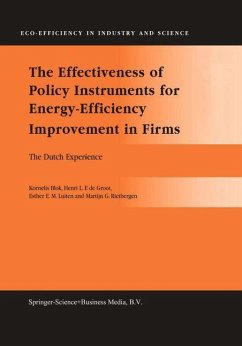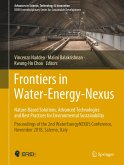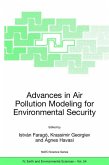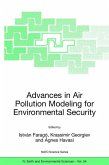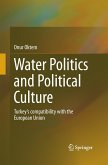Improvement of energy efficiency is one of the important options for reducing greenhouse gas emissions. According to the Third Assessment Report of the Intergovernmental Panel on Climate Change, hundreds of technologies for improving the end-use energy efficiency make up more than half of the global potential for greenhouse gas emission reduction in the short and medium term (2010 -2020). (IPCC, 2001; see also WEA, 2000). An important next question is how these options can actually be deployed. More specifically, one may ask what role governments can play by using policy instruments to promote the deployment of energy efficient technologies. In this introductory Chapter, we will first set out the aim of the research described in this book. Then we will discuss the various policy instruments that may playa role in energy-efficiency improvement. Next the various aspects important for characterising policy instruments will be discussed and the various disciplinary approaches are listed. Finally, the outline of the complete book will be given.
Bitte wählen Sie Ihr Anliegen aus.
Rechnungen
Retourenschein anfordern
Bestellstatus
Storno

